Posted on 11/29/2021
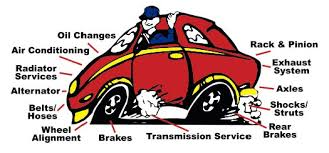
We live in such a disposable society. It's amazing all the stuff we throw away. New stuff comes out so fast, we just toss the old and move on. In the old days, MI folks were real sticklers about taking care of their things. If something got lost or ruined by neglect, tough - they had to do without. Most drivers couldn't afford new vehicles very often, so they had to make them last as long as they could. It's a good thing that vehicles are more reliable these days. They just don't break down as often. And the good news for us MI penny pinchers is that a modern vehicle can easily go 200,000 miles/320,000 km with proper care. The engineering and the manufacturing quality is tremendous. The missing ingredient is us Vehicle owners making sure we follow the vehicle manufacturer's recommended maintenance schedules. Every time you go a little farther between recommended oil changes, you have created an opportunity for sludge to be formed and for clogged p ... read more
Posted on 11/24/2021
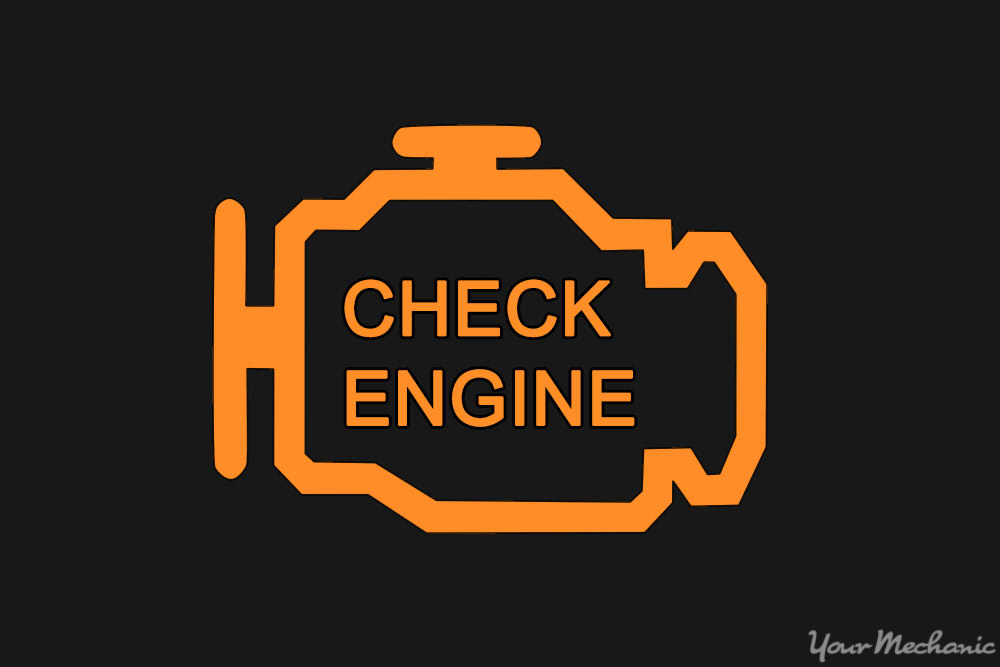
Have you ever had an experience like this? You drive through the one of those automatic car washes. When you get to the end, where the dryer is blowing, your Check Engine light starts flashing! You fear the worst, but within a block or two, the light stops flashing, but stays on. By the next day, the light is off. You wonder; "What was going on?" Well, it's actually a good lesson in how the Check Engine light works. Your air intake system has a sensor that measures how much air is coming through it. When you went under the high-speed dryer, all that air was blasting past the sensor. Your engine computer was saying, there shouldn't be that much air when the engine is just idling. Something's wrong. Whatever's wrong could cause some serious engine damage. Warning, warning! It flashes the Check Engine light to alert you to take immediate action. It stopped flashing because once you were out from under the dryer, the airflow returne ... read more
Posted on 10/27/2021
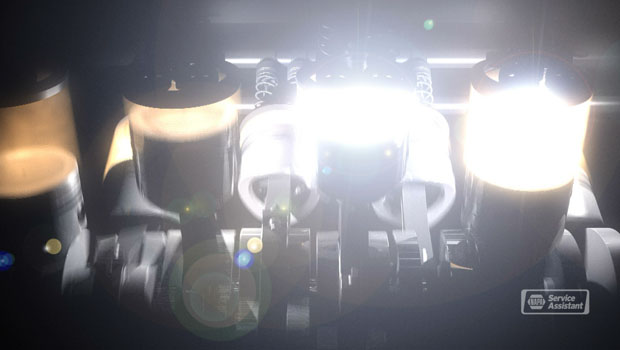
When you start up your gasoline engine car, you may not know that it's using the same ignition principles as it has for decades. You have spark plugs that require enough power so a spark can jump across a gap at its tip. Years ago, a vehicle's 12-volt system had to produce 15,000-25,000 volts to do that, so engineers came up with something called an ignition coil that bumps up the voltage. It also has to be done at just the right interval called timing. The first systems had a distributor, a mechanical device with a rotating disc that switched the power to the ignition coil on and off. That higher voltage then was sent to the spark plugs at the correct time interval. But the mechanical "points" had to be replaced and adjusted every 12,000 miles/20,000 kilometers. Engineers later replaced the switching mechanism with solid state ones, but they still needed replacement after 120,000 miles/200,000 kilometers. The next evolution came in the ... read more
Posted on 9/29/2021
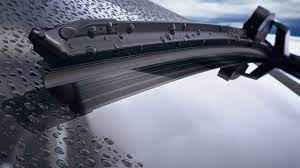
If you're gonna drive around the HOLLY/SAGINAW area, you've got to be able to see! So having a good set of windshield wipers is extremely important. We've all experienced the frustration and fear of not being able to see clearly during a storm or when our windshield is just dirty. It seems like your wiper blades are always at their worst when you need them the most. But windshield wipers are like most other vehicle parts– they require regular attention in order to work their best. You really ought to replace your wiper blades twice a year; in the spring and the fall. If it's going to be a particularly harsh winter in MI, you may even want to get special winter blades in the fall. Winter blades are designed to resist freezing. Speaking of winter and freezing conditions, if your car has been sitting for a long time and the windshield becomes frozen, don't use your wipers to clear ... read more
Posted on 9/8/2021
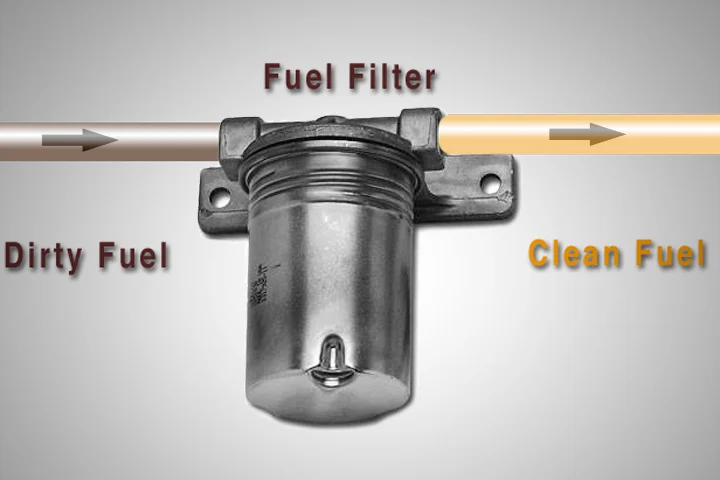
There are a surprising number of small, inexpensive parts that can lead to expensive engine damage when they fail. It doesn't seem right. Fortunately a lot of those things can be taken care of in routine maintenance. They may not be easy to remember because it is a long list, but your service center at Armstead Automotive can help you know what's scheduled to be taken care of. Some of us in HOLLY and SAGINAW, MI, really don't look forward to going in for an oil change and then getting a list of the other things the manufacturer recommends. But automotive maintenance is all about prevention and addressing small problems before they get big. Let's take the fuel filter for example. You may not know this but the median age for private vehicles on our HOLLY and SAGINAW, MI, roads is over nine years. When vehicles get older, five years or so, they've accumulated a lot of dirt and rust in their gas tanks. If that di ... read more
Posted on 8/18/2021
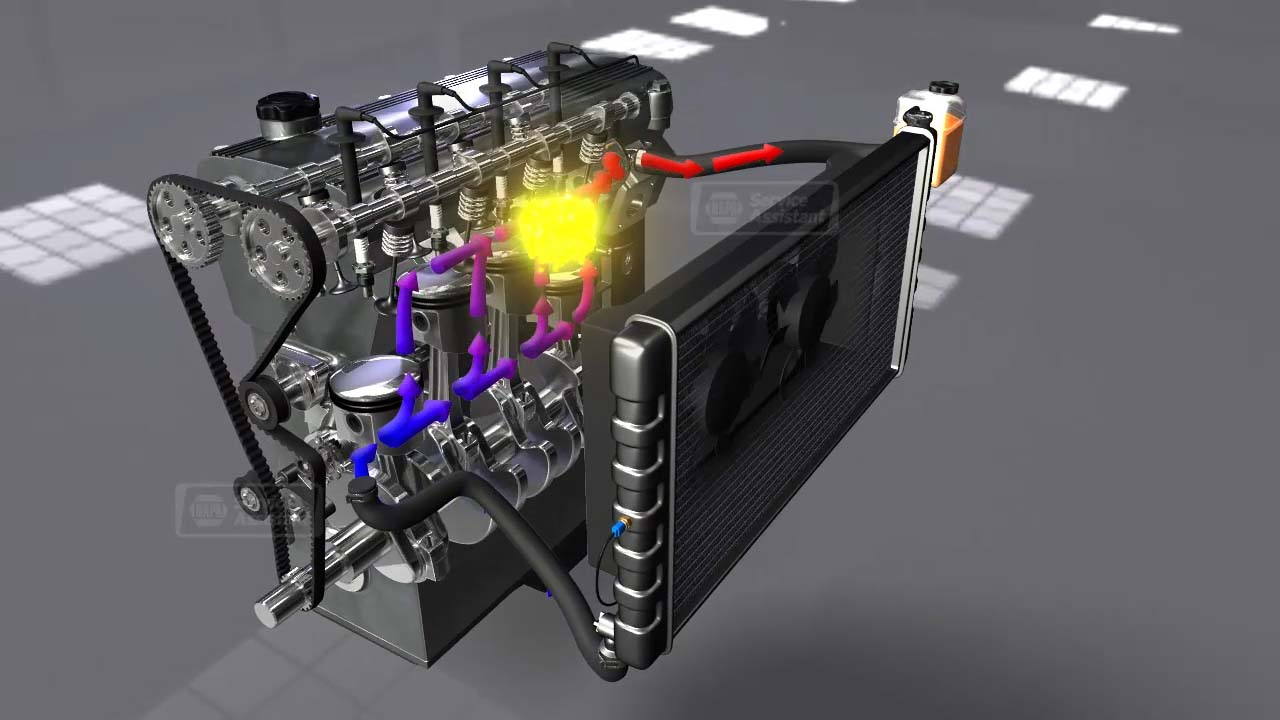
Unless you live in Death Valley, you really don't hear much any more about cars overheating. That's because cooling systems in vehicles have been much improved. That doesn't mean you can't overheat your vehicle engine, though. Without proper preventive maintenance, you could still find yourself on the side of the road waiting for your vehicle engine to cool down. When you service your cooling system at Armstead Automotive, your technician will check the condition of the coolant. It can become corrosive over time, which can damage a radiator — leading to an overheated engine. Changing the coolant periodically is good vehicle care. Your vehicle owner's manual can give you guidelines on how often to replace it. If your engine overheated, your friendly and knowledgeable service advisor will also check your coolant system for leaks. Check the vehicle radiat ... read more
Posted on 7/28/2021
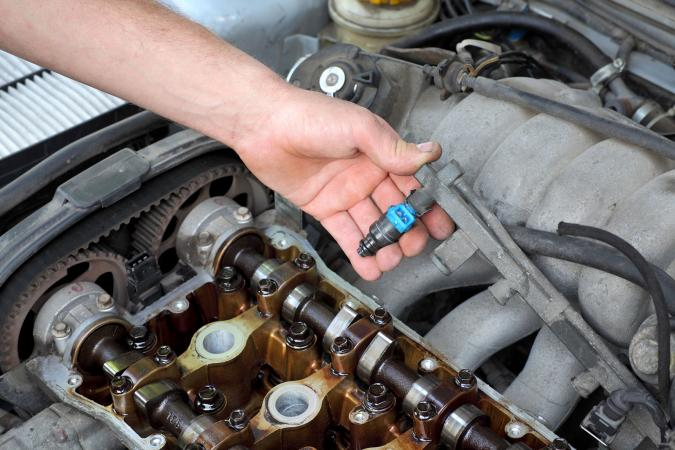
A fuel injector is a valve that delivers fuel to a vehicle's engine. It has to deliver the precise amount of fuel to precisely the right place, precisely when the engine needs it. The fuel also has to be mixed with air before it can burn in the engine. Fuel injectors are engineered to spray fuel in a specific pattern into the engine. (The pattern varies by engine type and design.) In order to achieve these spray patterns, the fuel must be pressurized. The pressure in a fuel injection system varies depending on its type. Many gasoline engines use port injection systems, which operate with a pressure of 60 pounds per square inch. Newer direct injection systems operate at 10 to 30 times that pressure. Some diesel passenger vehicles have fuel injectors that operate at 30,000 pounds or more per square inch. Vehicles have one fuel injector for each cylinder in the engine. Your vehicle's control computer constantly monitors the engine and various sensors ... read more
Posted on 7/7/2021
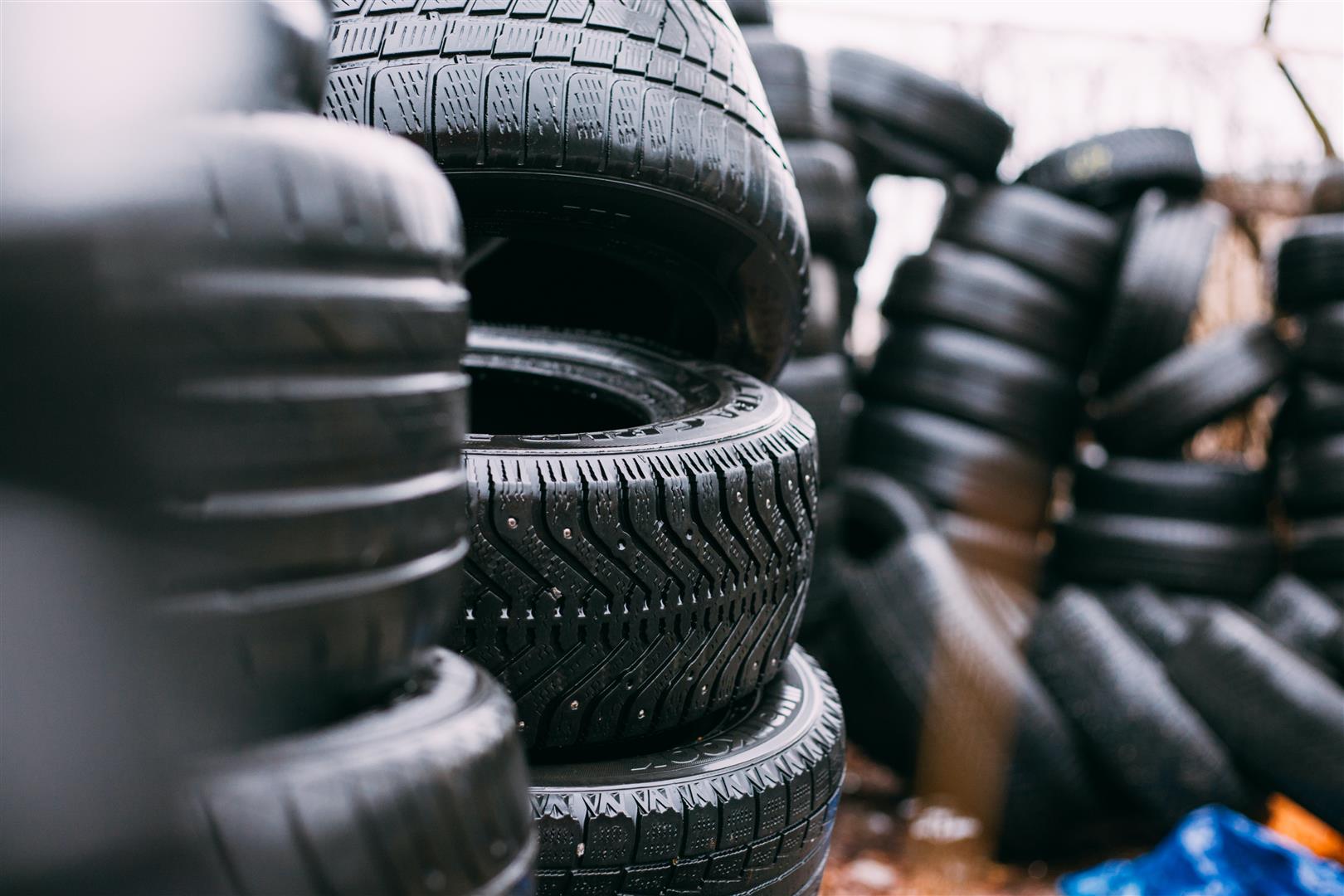
Heat isn't easy on vehicle tires, and as the seasons change, make sure yours are ready to take the heat. Let's talk first about inflation. Heat causes air to expand, so heat alone can raise the pressure in your tires. If you are driving on overinflated tires, they won't have as much contact with the road surface. In that case, it will take you a longer distance to stop. On the other hand, you don't want your tires to be underinflated during hot weather, either. That can cause your sidewalls to flex. Friction will then hike up the temperature and your tire can be in danger of blowing from the added heat. Other things can cause problems, such as uneven wearing. Your service advisor knows the signs to look for and can diagnose where the wear is and what is likely causing it. Another thing a technician will look for on tires is tread depth and the condition of the sidewalls. Any cuts, cracks or bulges could be indicat ... read more
Posted on 2/1/2019

To say that driving in a Michigan winter can be dangerous sounds silly saying it out loud… because, DUH! Even if you are a recent transplant, you’ll by now just how crazy it can get out there during the winter months. It’s worth it, though, because this is a wonderful place to live, but there are some things you can do to stay safe. Today, we focus on brake safety. Make sure your tires are appropriate for the conditions. Snow tires are a must. Proper tread depth also a must. Both of these will affect your braking on snowy icy roads. Be aware that all of the de-icing salts and chemicals work to keep the ice on our roadways down, but it also makes your brakes wear out. If you haven’t had someone check this out already this winter, do it now. Our weather can be insane and it greatly contributes to the number of accidents in our state. In fact, we are in the top five for winter accidents and between Christmas and New Years alone, there were over 30 roa ... read more
Posted on 1/1/2019
For anyone who is new to living in Holly, Michigan and they are not familiar with driving in snow (those poor native Floridians!), there is a lot to learn. Among the important things to figure out is the difference between winter tires and all-season tires. The main questions we get asked here at Armstead Automotive Repair are: How are the tires different? When do you need to switch them out? What other tires should I consider? In an effort to offer useful and helpful information, we will share our professional opinion about key points between winter tires versus regular tires. How are the tires different? Winter Tires: Winter tires are better equipped to grip the road when covered in heavy snow and black ice. You can tell the difference between the two types of tires when you look at the tread depth, tread patterns, the tread rubber, and biting edges. Certain winter tires are made for commercial vehicles and are engineered for heavy-duty winter performance ... read more